Industry study finds lead-acid to remain most wide-spread automotive energy storage for foreseeable future; new chemistries continue to grow
Green Car Congress
MAY 28, 2014
Several battery technologies are able to provide these functions in different combinations, with nickel-metal hydride and lithium-ion batteries preferred at higher voltages due to their fast recharge capability, good discharge performance and lifetime endurance. Other battery technologies (nickel-metal hydride, lead-based etc.)










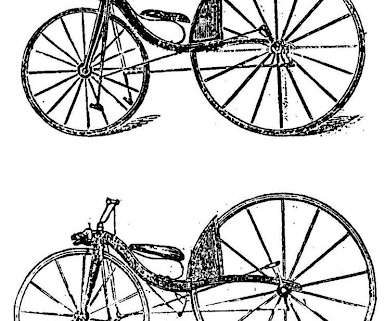

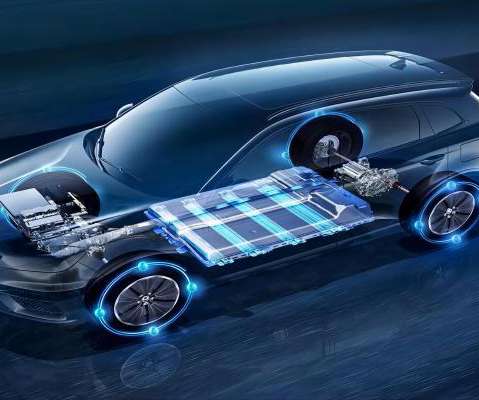
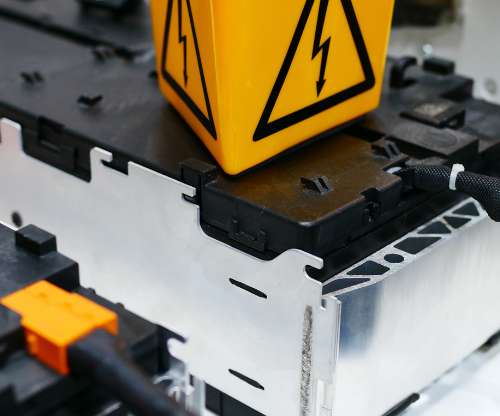

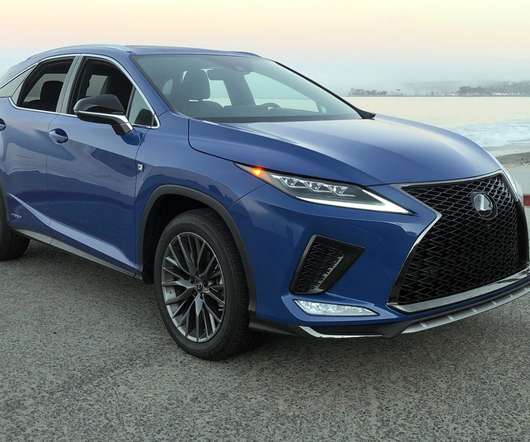
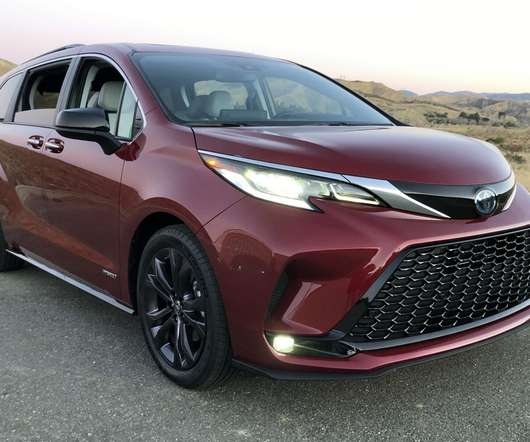











Let's personalize your content